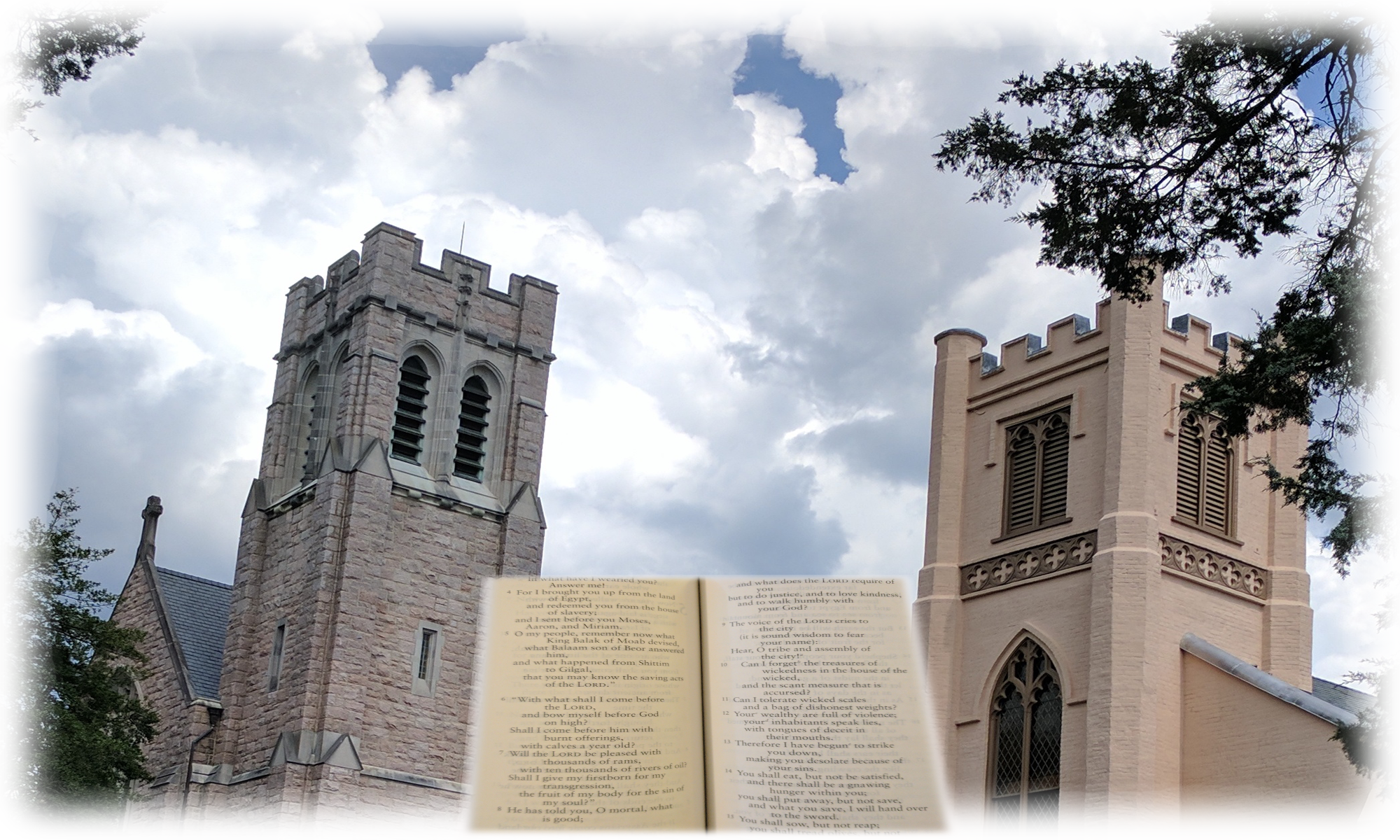What are the implications of thinking about Jesus and God as experience rather than as objects of belief? In this class we will think about our own experiences of “the Spirit of God” and how we might understand them more profoundly by understanding what the New Testament authors said about Jesus’ experience of “the Spirit” and the experiences of the early churches. Here are some readings to consider:
Borg:
- Page 17 “Beyond Belief to Relationship”
- Pages 37-39 “Implications for the Life of the Church“
Bible:
Thinking about each of the following passages in light of our recent discussions of Jesus’ own spiritual experience, what could “Spirit” or “Holy Spirit” mean other than the third person of the trinity in each text?
- Luke 4:14-21
- Acts 4:8 and 31
- Acts 7:55
- Acts 13:52
- Romans 15:13

Michael,
I continue to enjoy our planning time. I think this coming Sunday will be a great opportunity to share their personal experiences with a caring community in ways that rarely happen. I am so sorry I will be away this Sunday.
I so appreciate the effort you put into the SS class every week. What a gift you are to all of us at Binkley!
Charles
I haven’t read the assigned passages yet but my initial response to the question posed is to say that “thinking about Jesus and God as experience rather than as objects” is freeing. Growing up I saw the standard pictures of Jesus with fair skin, long hair, beard and dressed in a robe. Somehow this doesn’t work for me as my faith journey is experiential and guided by my own understanding and interpretation of “why Jesus?”
I think a lot of us share your earlier views of an ‘idealized’ image of Jesus as the Son of God who died for our sins – and had to believe in him to be ‘saved’ from hell fire and damnation. It seemed so simple, yet so impossible to conform to over time. What is the point of MY being saved? And you mean to tell me that all others who were not believers, even in other cultures were dammed? I sought spiritual development outside the Christian church and the prevailing dogma of ‘believe in him’ – instead I found more meaning and spiritual growth in the Native America cultures that Bob Phillips mentioned Sunday. It was only when I encountered the writings of Borg in 2003 that I began to get a glimpse of the what I view now as the post-Easter perversion of Jesus’ message, away from experience to a culture of belief and church dogma – ironically the very things that Jesus spoke out against in the prevailing practice of Judaism leading up to his crucifixion.